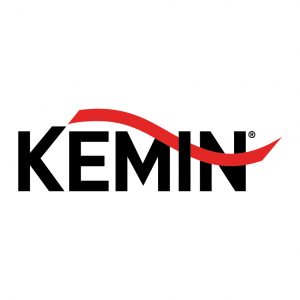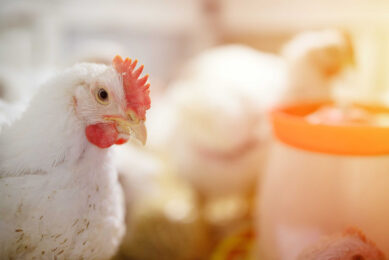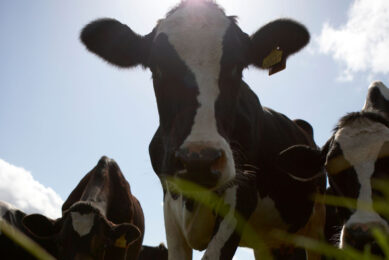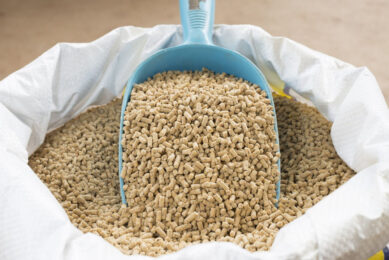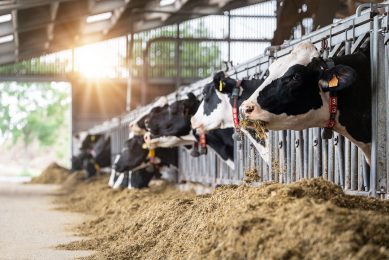Using the animal’s own resources

All over the world, the consumers’ wish for both free ranging and high welfare animal production as well as antibiotic free meat, has become a general mindset. An overlooked potential to help in this concept is the animal’s own immune system.
The immune system is especially designed to counteract pathogens and other harmful substances, so why not use this own resource to enhance animal health and to contribute to an antibiotic free production?
The concept of immune modulation and immune cooperation
There is a constant drive to use specific, clearly defined molecules to help increase animal health and productivity. An area not systematically targeted yet, is the immune system of the animals themselves. By priming the immune response with a feed additive, for example with a Beta-(1,3)-Glucan derived from an alga, Euglena Gracilis (Aleta™), it is possible to enhance animal health at a minimal energy cost.
The concept of “immune modulation” was born with the development of Aleta™. The medical dictionary explains the term “immune modulation” as follows: “adjustment of the immune response to a desired level”.
Triggering immune responses
In simple terms, we want to switch the immune system to stand-by modus at a reasonable energy cost. However, the key is to trigger the immune response to the correct level. The question here can be whether to target, non-specific (innate) immunity or inflammation.
Innate immunity and inflammation is an essential immune response to protect the animal, but could be nutrient demanding reflecting negatively on performances. There always has been interest in promoting anti-inflammatory processes, which favour specific (acquired) immune responses at the expense of non-specific (inflammatory) responses. However, studies show increased pro-inflammatory responses better protect against an array of pig and poultry pathogens.
Managing critical periods in an animal’s life
Questions remain about what is the optimum in commercial production? Should we not rather seek an immuno-cooperation between both at a reasonable energy cost? It is obvious not every animal needs an immune boost, the key is to supply such feed ingredient during stressful and challenging conditions in an animal’s life. Challenging conditions need to be well managed to guarantee a good health and overall performance.
Some critical periods during an animal’s lifetime are clearly defined:
- Young animals, especially during the postnatal period when the immune system may not be fully developed. Bridging the immunity gap – when the maternal immunity is gone and the newborn‘s immune system is not well developed yet – is crucial in young animals.
- During the weaning period. Animals are exposed to different stress factors during this event: they are taken away from their mother and are receiving a different feed. Both events are challenging for the intestinal health and the immune system.
- High production periods such as lactation and gestation. These periods require high energy and nutrient availability, and consequently have a negative impact on immune function.
- Intense vaccination programs, which require an optimal function of the immune system to guarantee a good response and future protection against diseases.
- Stress and pathogen (viruses, bacteria or protozoa) induced immunosuppression.
- Antibiotic reduction and AGP removal programs.
Efficacy proven
Several trials have been performed by Kemin to evaluate the benefit of using this feed ingredient in enhancing animal health and performance of chickens raised in challenging conditions as well as of weaned piglets. It was clear that by priming the animal’s immune response with a Beta-(1,3)-Glucan (Aleta), the negative impact on health and performance induced by certain pathogens or stress conditions could be reduced significantly. Consequently, the use of the animal’s immune system could be an innovative tool to reduce antimicrobial usage and improve animal health.
There are already many valid options to be used in programmes aimed at reducing antimicrobials. The animal’s own resources however, have been under-exploited, in particular opportunities to use the natural immune system. Today, Kemin is providing an efficient solution priming the immune system and consequently improving animal health and performance in critical or challenging conditions.


